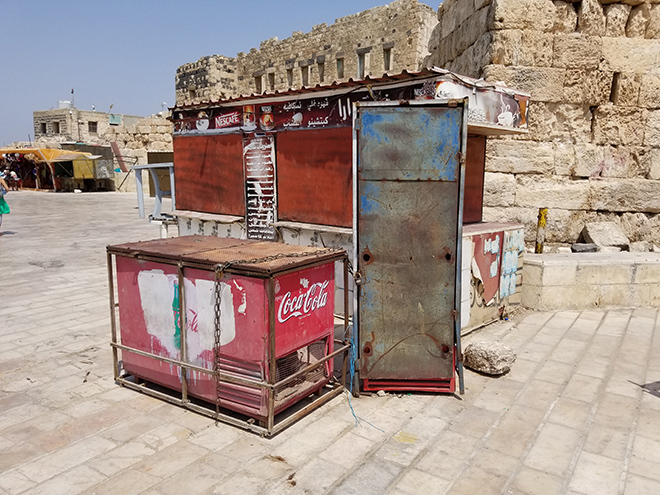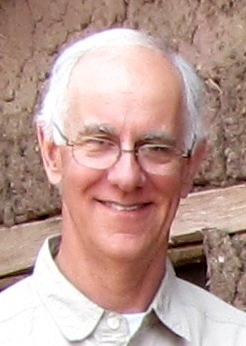Heritage resources and archaeology are increasingly being asked to provide benefits and value, including economic, to societies in Europe and globally while simultaneously being challenged by changing approaches to governance and funding. At the same time, the neoliberalist logic of contemporary politics puts cultural heritage at risk of becoming privatized and commodified. This course takes a broad approach to theorize and understand these forces, while at the same time providing the students with a literacy that will allow them to both operate in these systems and engage in a critique of them.
The course will provide students with a basic foundation in economic theory, cultural economics and sustainability concepts as well as an introduction to practical methodologies for evaluating the economic contributions of heritage resources. It subsequently invites the students to examine these models through critical inquiry building on the concepts and models learned. The course explores key themes, including strategies and issues in the use of heritage to promote economic development. We examine the sustainability of strategies and issues relating to public policy and private funding from a sustainability perspective on commercial and academic archaeology and heritage management. The questions that the course explores include:
- What are the benefits of applying cultural economic theories to archaeology and heritage management, and what are the theoretical limitations and practical limitations to doing so?
- What does “sustainability” mean in the context of using heritage resources for economic purposes, and what strategies and policies are necessary to construct sustainable projects?
- How should archaeologists and heritage managers approach government policy-makers and private funders to support heritage projects, and how can economic analysis contribute to their success?
- What does “success” and “failure” look like in these cases, what criteria are appropriate for making such judgements, and who are the relevant stakeholder?
Course Work
The course will consist of lectures, seminars, and an excursion.
Before the course starts, the students will prepare a paper for pre-circulation in which they present a case study or example based on their own work, through which they will discuss impacts of economic forces and factors, by applying the concepts learned from the assigned readings. The students are encouraged to include a reflection on the research questions (above) with regards to their specific case study. The assignment is exploratory, and the students are invited to reflect and discuss, rather than produce finished answers. Each paper will be allotted 45 minutes, beginning with the student presenting a 15-minute summary of its contents. This is followed with a 10 minute prepared commentary from another PhD students, after which an open discussion will follow. These presentations will be points of departure for both applications of learned concepts and the critique of them, allowing students with different points of view in the relationship between heritage, the economic market forces, and sustainability to meet in discussion.
The excursion will explore the impact that the current economic situation in Greece has on its cultural heritage in a broad sense.
Lecturers
Paul Burtenshaw Peter Gould Liv Nilsson Stutz Neil Silberman
Dr Paul Burtenshaw (Sustainable Preservation Initiative)
Dr Peter Gould (The American University of Rome)
Dr Liv Nilsson Stutz (Linnaeus University)
Dr Neil Silberman (University of Massachusetts)
Credits
1 month or 7 ECTS
Location, Travel and Costs
The Graduate School will finance and arrange travel and accommodation, as well as supply a daily allowance during the seminar for all participating PhD students who are part of the Dialogues With the Past network. Two PhD students will share a room.
Registration
The Graduate school invites all registered PhD students to apply for participation. Please follow this link to apply for the course (in English only). From these applications, 15 PhD students will be admitted to the course.
For more information please contact: dial-past@iakh.uio.no
Important dates
Application for participation: June 21, 2019. Confirmation on your participation will be sent out shortly after this date together with a reading list.
Submission of working papers (10 pages, Times New Roman 12, Spacing 1,5): September 9, 2019.
Appointment of discussants: September 23, 2019




